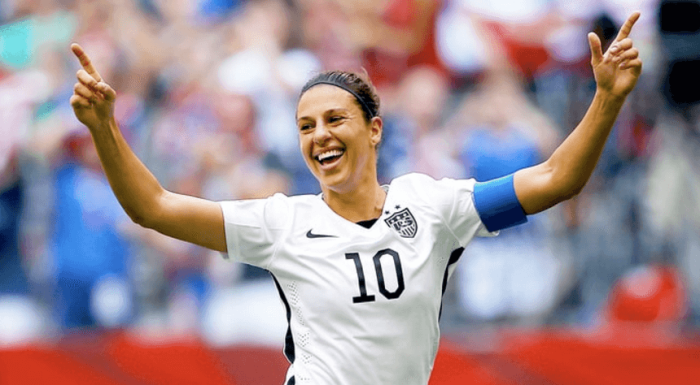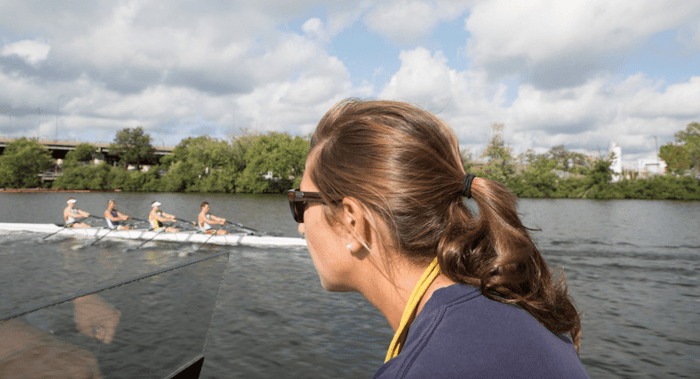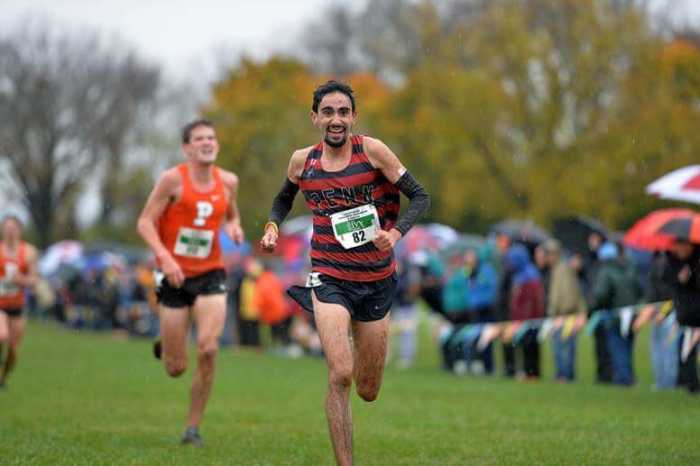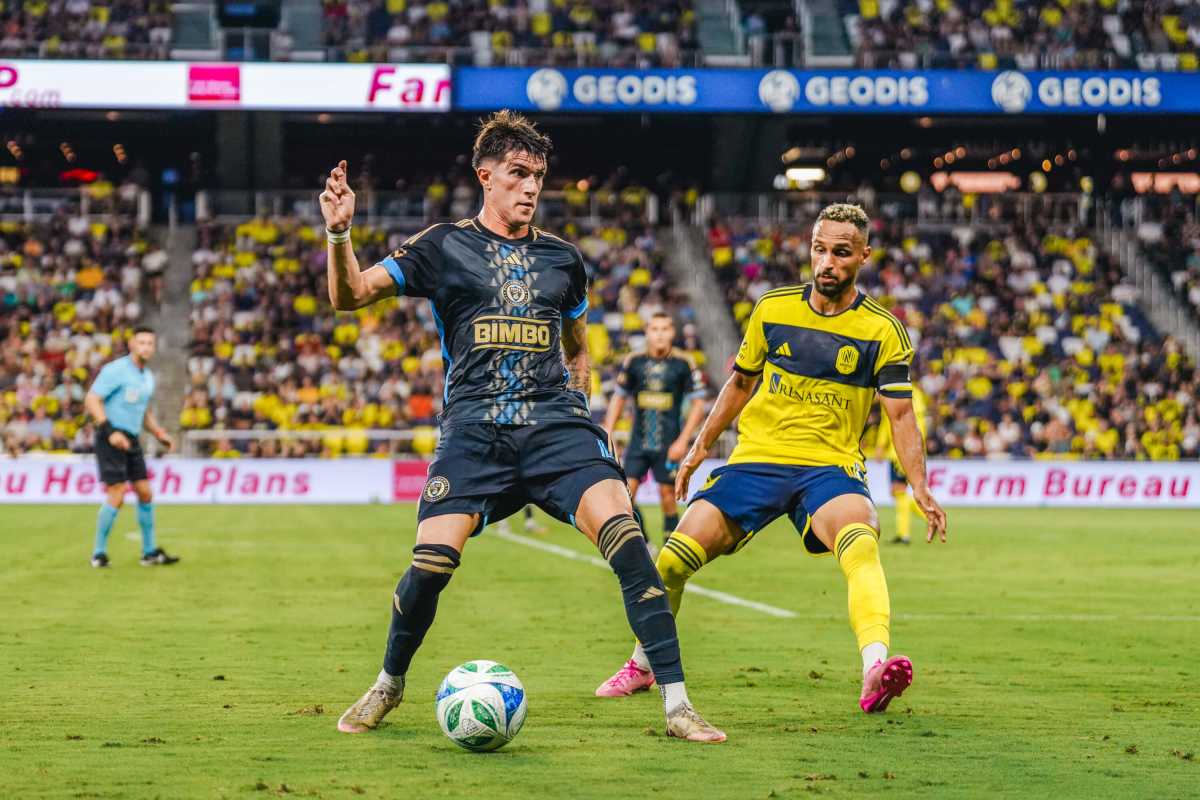A blink of an eye.
That’s how close Steve Kasprzyk of Cinnaminson, New Jersey, came to winning an Olympic medal in London four years ago — finishing a mere three-tenthsof a second off the podium. That’s the reason he’s been so driven ever since — even quitting his job to put all his efforts into making sure he’s doesn’t come up short again this time in Rio. But it’s not entirely up to him. The 34-year-old Kasprzyk is part of the U.S. eight-man rowing team, almost half of whom come from the Delaware Valley. Joining him in the boat are Philadelphian Glenn Ochal, who took a bronze in the four-man competition in 2012, and Tyler Nase of Phoenixville. Then there’s 26-year-old Sam Ojserkis, the 5-foot-8, 122 poundcoxswain, who’s the so-called brains of the operation, since it’s his job to give orders to the other guys and keep them on the rightcourse. While they all desperately want to succeed for Kasprzyk, it’s become a quest to get that taste out of his mouth that’s lingered since London.
“When you’re in fourth place you’re probably good enough for a medal. You just didn’t pull it off that day,” said Kasprzyk, who didn’t get into rowing until he was at Drexel and wanted to try a new sport. “That sort of makes you hungry.” After four years preparation he hopes it’s finally time to satiate that hunger.
“I haven’t worked for couple of years,” said Kasprzyk, whose daily regimen at Team USA’s Princeton, New Jersey, training bases includes a 5 a.m. wakeup call, followed by 18 kilometers (just over 11 miles) in the water, then another 18 kilometers after lunch. “I worked a number of years in my 20s and was able to save some money. To get to this point you have to go all-in. Very few of us have jobs.” RELATED LINK: Want Carson Wentz to play? He probably won’t even suit up in 2016
That includes Ochal (pronounced O-hal), who grew up in Roxborough, but now lives in Los Angeles. Having already won a bronze in London, he’s greedy for something shinier in Rio.
“I’m ready to compete and win another medal,” said the 30-year-old Ochal, who started rowing while at Roman Catholic, then continued his career at Princeton. “There’s nothing better than representing your country in the games.I’m the second oldest guy in the boat. It’s not too hard an adjustment from the fours. Slightly different technically. The eights are the biggest and fastest. The races are 2,000 meters. Usually whoever leads at quarter mark wins the race, so you try to use all your energy to try to get the lead.” Then they rely on the smallest man in the boat, the coxswain, who’s one part driver, one part coach and one part psychologist.
“I’m kind of the brains of the operation,” said Ojserkis (pronounced O-zer-kiss), who started doing this at Mainland Regional High in Linwood, New Jersey — about 15 miles from Atlantic City. “I have the microphone, so I’m telling them what to do, so decision making is a huge part of being a coxswain.Literally and figuratively, we’re all it the same boat together, so we’ve got become one. Everyone wants the same goal.” The competition begins Aug. 8— meaning they’ll skip the opening ceremonies to be totally prepared — followed by semifinals on Aug. 10 and the finals Aug. 13. Then the team will be free to watch the rest of the Olympics and participate in Closing Ceremonies. By then, Steve Kaspryzk andcompanyare hoping if you blink your eyes, then open them, you’ll see they’re all wearing medals around their necks
Summer Olympic Preview: Rowers from Philly looking to prove their medal
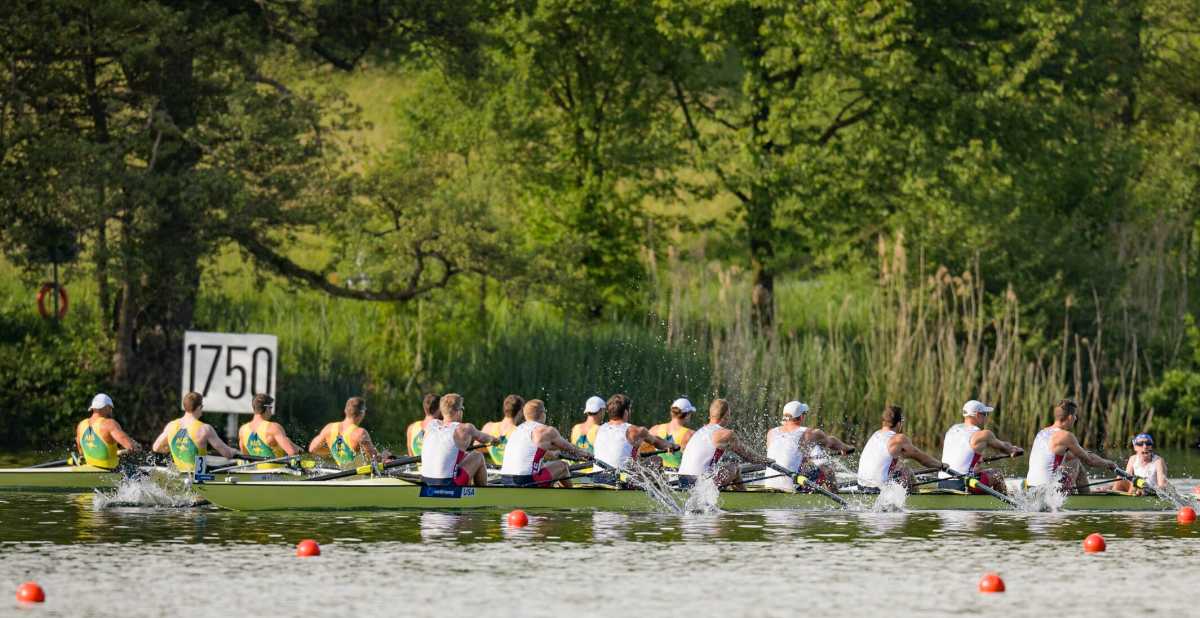
USA Rowing




